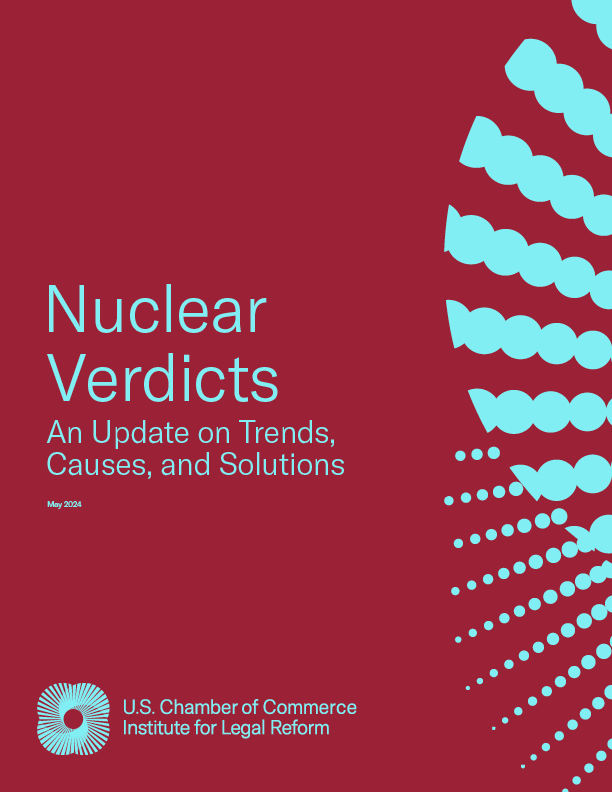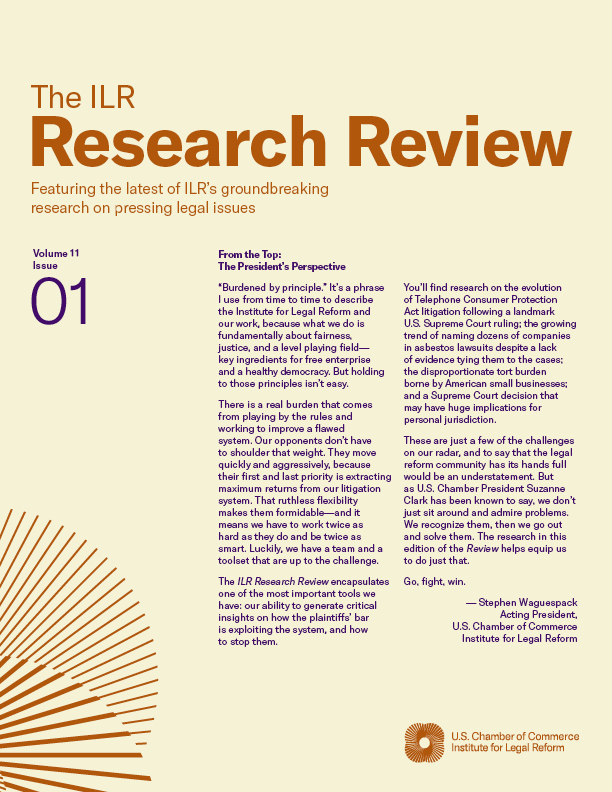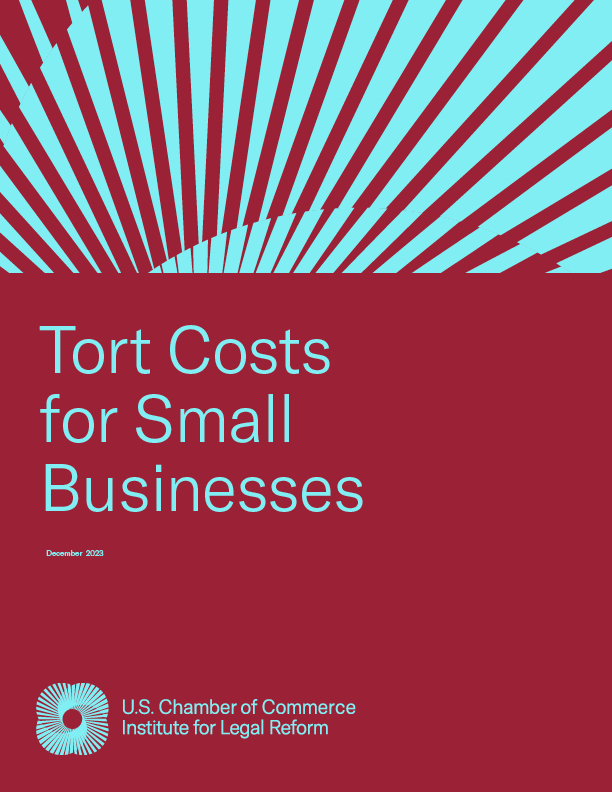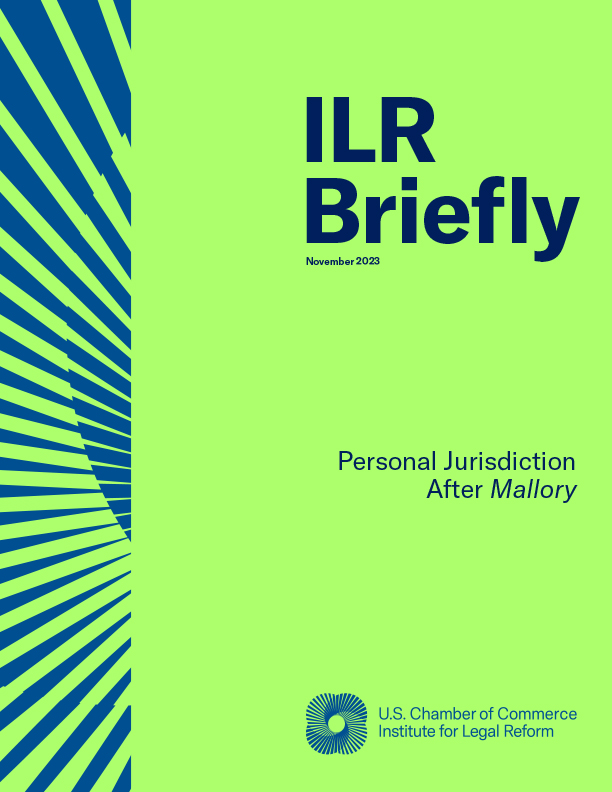Artificial intelligence promises to make a transformative impact on economies across the globe—in fact PricewaterhouseCoopers projects that AI alone may add up to 14% growth to the global economy by 2030. Creating a legal and regulatory regime that safeguards consumers while helping innovators to unlock that growth is going to be a complex challenge for every country in the world, including the Member States of the European Union.
The European Commission has signaled its intent to create a liability regime “fit for the digital age,” and that includes amending existing liability frameworks and/or creating new liability frameworks for AI. The impact of any such legislation is potentially vast. Any legislative measures will likely affect broad swathes of consumers and industry, including any businesses active in the AI space that sell their products or services to EU customers. So it’s extremely important for the Commission to strike a balance that protects consumers while promoting—not stifling—innovation.
This ILR research paper breaks down the various elements of the Commission’s emerging position on AI and offers a set of guiding principles for the development of a balanced, flexible, and future-oriented AI liability regime founded on concrete evidence and a careful cost/benefit analysis. These principles include:
- taking stock of existing EU measures and industry best practices;
- favoring “soft” measures, not overzealous regulation;
- consulting with stakeholders and adopting a participative regulatory approach;
- coordinating with other institutions and governments;
- promoting evidence- and risk-based regulations; and
- adopting reasonable constraints on liability.



